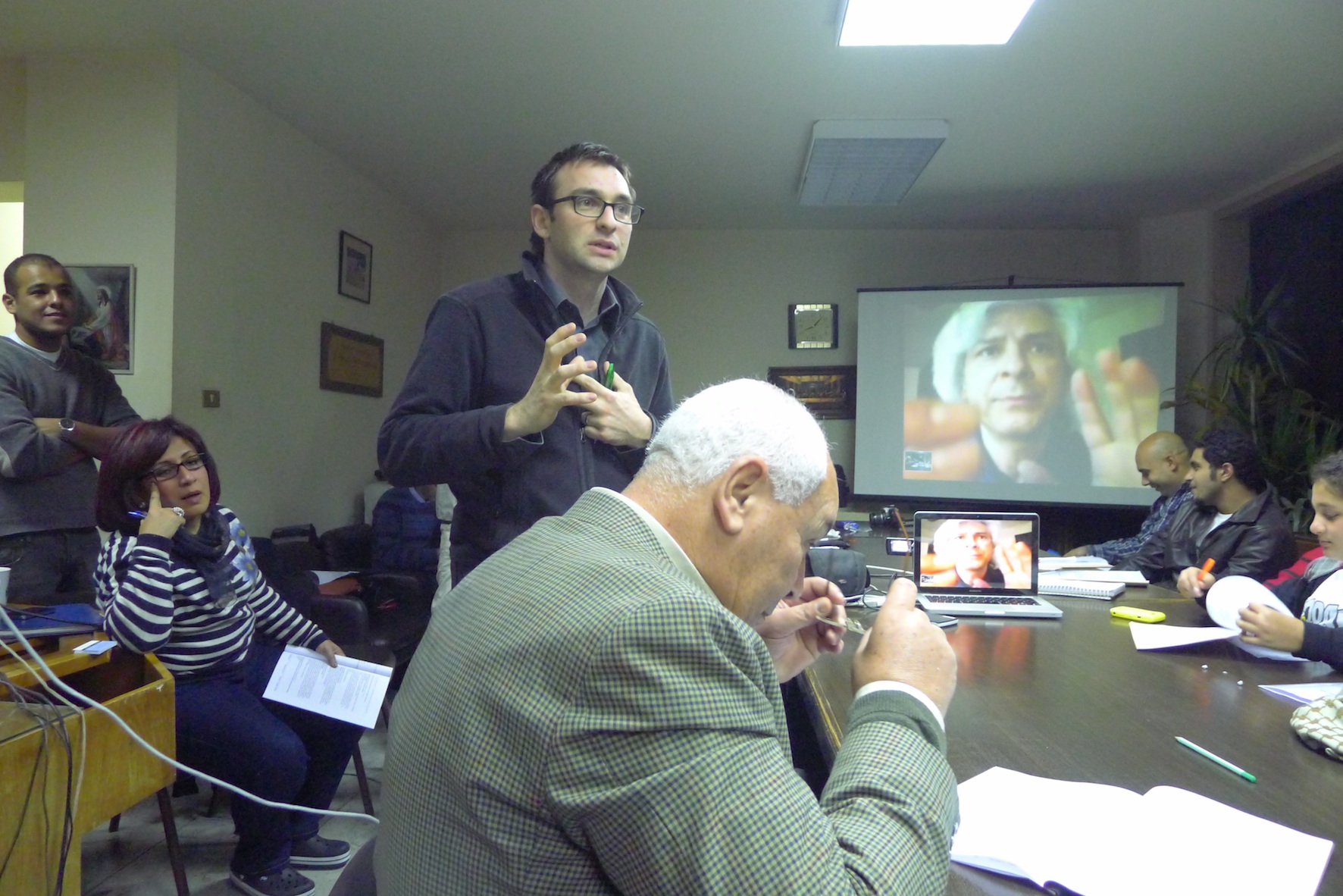Beltone Private Equity and Crédit Agricole Egypt (CAE) launched Tuesday a $5 million fund to invest in small and medium enterprises in Egypt.
Cairo-based investment bank Beltone and CAE partnered with Siparex Group, a French private equity specialist, to set up the Beltone Midcap Fund that will invest directly into promising Egyptian SMEs.
The first SME to receive support will be announced by the trio in two months.
Since the fund’s inception, the International Finance Corporation — the private sector arm of the World Bank — the European Investment Bank and the Export Development Bank of Egypt joined as key investors.
“SMEs are considered the backbone of the Egyptian economy due to their significant role,” Henri Guillemin, CAE managing director, said in a statement.
Abdel Monem Omran, chief investment officer at Beltone Private Equity, added, “SMEs represent an influential segment of global economic activities … [they] are significantly contributing to national GDP, especially the family SMEs that help in boosting various economic activities in Egypt.”
The objective of the fund will be to provide SMEs with technical and managerial expertise, as well as solvency, which are some of the key challenge faced by smaller businesses.
Through this fund, Guillemin said, SMEs will be able to “increase their capital and business volume as well as allowing them to become more capitalized” and therefore attractive to banks.
Beltone, CAE and Siparex also aim to help develop SMEs’ export capabilities.
Intervention in the SME will be proportional to the amount of funds provided, but not on a managerial level. Asked whether funding of SME housing projects would be possible, the group said that it would most definitely be active in this sector, as it is an important element for the banking sector.
Guillemin pointed out that recently in Egypt, the mortgage finance market has progressed significantly; yet, it still only accounts for 3 percent of GDP, which pales in comparison to more mature markets in Europe and the United States.
Nevertheless, given the sizeable Egyptian population — around 80 million — there is “big potential” in this sector, he added.
Changes must be made concerning investments and to the regulatory framework, as well as a need to change the culture of viewing 40-50-year loans burdensome, he said.
“This is the only way to develop the real estate market,” he stressed.
Omran explained that the agriculture sector represents huge SME potential as well, and that the number of SMEs operating in the sector exceeded the group’s expectations.
The new fund will also work in cooperation with a comparable fund recently introduced by the Egyptian government, which will provide LE 1 billion to similar ventures.
CAE and Beltone explained that although cooperation between the two funds will occur, the nature of the agreement has not been established or formalized.
Issues such as lack of accurate financial data, such as account balances that are rampant in Egypt “should pose no problem,” mentioned Guillemin.
In his view, it is true that accurate data is imperative, but as he stated, “the quality of the people, factories, management capabilities, the expertise within each SME are all just as important as proper financial statements.”
Guillemin further indicated that there are about 2 million SMEs in Egypt that could benefit from equity.
To facilitate interaction with local SME businesses, CAE has created 11 business centers in Cairo, Alexandria, Port Said and Sinai, which will be focused on serving companies as well as major industrial shipping and touristic areas.
Bringing in Siparex as a partner was due to their expertise in supporting SMEs, he added, and CAE has a 15 percent stake in the French firm.


